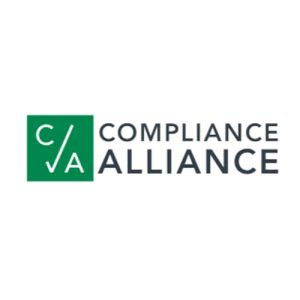“CFPB seeks to do away with the potential loophole that furnishers may try to take advantage of to evade their obligation to investigate disputes and merely write them off as frivolous at their own discretion.”
On September 13, the Consumer Financial Protection Bureau (CFPB) filed an amicus brief in regard to a district court case that was decided between a consumer plaintiff and a credit reporting agency defendant.
For those with a limited legal background, an amicus brief is simply a brief submitted to a court by a person or organization who is not a party to a case but has an interest in the action that is essentially trying to convince or have the court consider deciding a matter a particular way in order preserve their interest.
Back to the case, in a nutshell, the case was about a consumer who discovered an error on their credit report, which stated that the consumer had a delinquent account with a service provider.
The consumer claims that the account was never theirs and was fraudulently opened, so the consumer filed a dispute with the service provider. In response to the dispute, the service provider requested additional documentation, including an affidavit and a police report, which the consumer never provided before or after the request by the service provider.
As a result of the consumer’s failure to respond to the service provider’s request, the service provider concluded that the account was not fraudulently opened and then referred the delinquent account to a collection agency. The consumer then filed their first dispute with the consumer reporting company, which the consumer reporting company passed down to the collection agency. Because the account was never noted to be in dispute, the collection agency took no action on the account and did not note the account in dispute even after it was handed the dispute.
The consumer then filed a second dispute with the consumer reporting company, which was, again, handed down to the collection agency. This time, however, the consumer stated that the account was subject to litigation and obtained a police report. As a result, the collection agency removed the delinquent account from the credit report and ceased collections. In the litigated matter, the court held for the defendant by stating that furnishers are only obligated to investigate bona fide disputes.
The CFPB recognizes that errors on a credit report can have life-altering consequences as those errors can cause an individual to get denied for loans, housing and even employment. Due to the significant impacts an error on a credit report can have, the CFPB realizes the need for consumers to have meaningful procedures in place for companies to investigate and resolve these errors
Indirect and Direct Disputes
The Fair Credit Reporting Act (FCRA) gives consumers multiple avenues to dispute errors on their credit report. Since consumers receive their credit information from consumer reporting companies, they often initiate their dispute with the consumer reporting company. This is typically passed down to the furnisher, who is usually the business that reported the information to the reporting company in the first place. This is called an indirect dispute. Consumers also have the option to file their dispute directly with the furnisher, which is called a direct dispute.
Any time a furnisher gets handed down a dispute, it is required to investigate the dispute and report its findings of the investigation back to the consumer reporting company.
However, disputes get lost in this process because furnishers have adopted the notion that they are free to dismiss these disputes based on whether they believe they are legitimate or not. Due to this discretion, one can probably see why consumers would feel powerless and hopeless when trying to resolve errors on their credit reports.







